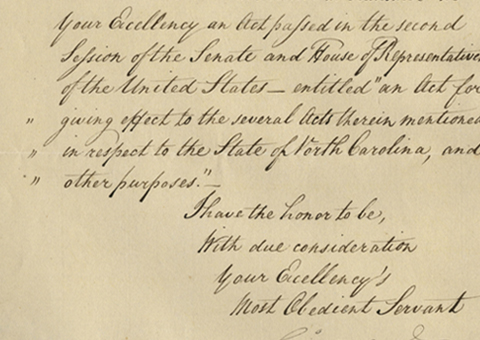Arthur Conan Doyle References the Earliest Arrangements Made for the Production of Stage Adaptions of His Sherlock Holmes Stories

Broadway producer Charles Frohman secured the staging rights and actor William Gillette landed the role for which he will always be remembered .
Sir Athur Conan Doyle won eternal renown for his tales of detective Sherlock Holmes, with his later plays and works, such as science fiction novels, being almost completely forgotten. His Sherlock Holmes stories were generally considered to be a milestone in crime fiction, and have been reproduced on stage and screen more...
Sir Athur Conan Doyle won eternal renown for his tales of detective Sherlock Holmes, with his later plays and works, such as science fiction novels, being almost completely forgotten. His Sherlock Holmes stories were generally considered to be a milestone in crime fiction, and have been reproduced on stage and screen more times than can be imagined. Actors from Basil Rathbone to Jeremy Brett to the more recent Robert Downey Jr., have graced the stage and silver screen in that role. One might say the name Sherlock Holmes is one of the most recognizable in the world.
Doyle began to believe that the stories were stifling him as a writer and became bitter about the hype surrounding his sleuth. In 1893, possibly due to this anger and resentment, he killed off Holmes in “The Final Problem.” However, after killing off his memorable character, Doyle realized that he would be in need of income, so he decided to write a play about Holmes and Watson in their first years as detective partners. After a time, the script ended up in the lap of a young American Broadway producer named Charles Frohman who then traveled to London to meet with Doyle. It was there that Frohman suggested a new adaptation of the play starring the then-famous Wiliam Gillette, an American actor, playwright and stage manager. Doyle agreed, and it is in this fashion that Frohman obtained the staging rights for what would become the first great entertainment portrayal of Holmes. In a famous telegram exchange between Gillette and Doyle, after Gillette became enamored of the role, he wrote, “May I marry Holmes?” To which Doyle responded, “You may marry him, or murder or do what you like with him.”
In this letter we see reference to many things Holmesian. It appears that a producer has written to Doyle asking permission to stage a performance of Sherlock Holmes. Doyle responds with this Autograph Letter Signed, Windlesham, Crowborough, Sussex, November 8, 1908. “Dear Sir, I have no objection but you must also get permission from Mr. Frohman. You had better write to his representative…Aldwych Theatre…”
It is clear that Doyle, still harboring resentment for his creation, does not care if the person stages a play or not. However, since Frohman had the rights, he rightly insists that he contact Frohman’s representative to work something out. A very interesting letter referencing very early arrangements made by Doyle to allow for the production of stage adaptations of his Sherlock Holmes stories. This was to be the genesis of the many plays, television shows and movies that have been made since.

Frame, Display, Preserve
Each frame is custom constructed, using only proper museum archival materials. This includes:The finest frames, tailored to match the document you have chosen. These can period style, antiqued, gilded, wood, etc. Fabric mats, including silk and satin, as well as museum mat board with hand painted bevels. Attachment of the document to the matting to ensure its protection. This "hinging" is done according to archival standards. Protective "glass," or Tru Vue Optium Acrylic glazing, which is shatter resistant, 99% UV protective, and anti-reflective. You benefit from our decades of experience in designing and creating beautiful, compelling, and protective framed historical documents.
Learn more about our Framing Services



































































































